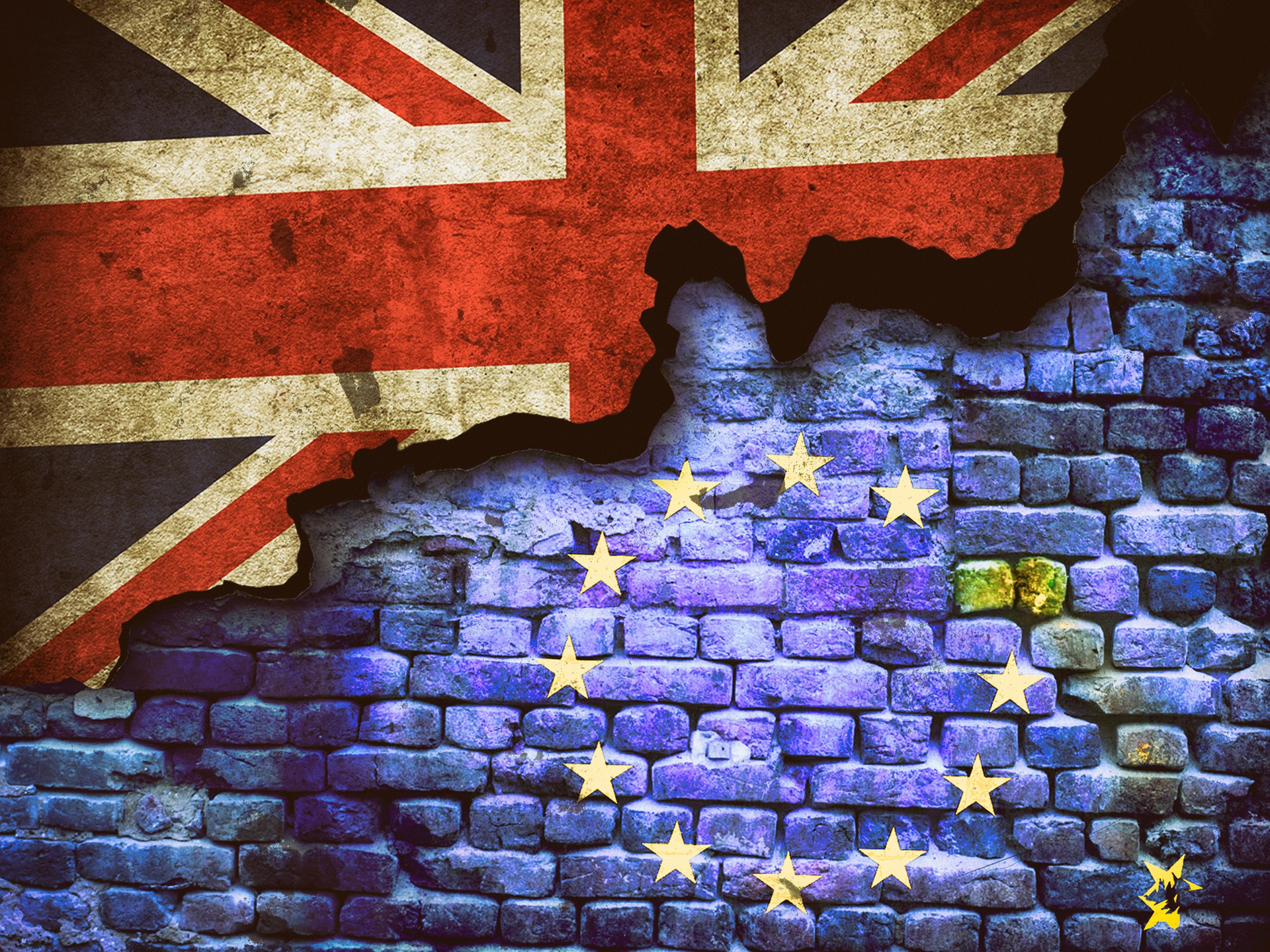Irish exporters already diversifying to counter impact of Brexit
 Irish exporters are challenged but, encouragingly, they are already diversifying to export to markets other than the UK. That’s according to research carried out by the British Irish Chamber of Commerce, which surveyed 488 firms on their response to the UK decision to leave the EU.
Irish exporters are challenged but, encouragingly, they are already diversifying to export to markets other than the UK. That’s according to research carried out by the British Irish Chamber of Commerce, which surveyed 488 firms on their response to the UK decision to leave the EU.
The survey, which included both importers and exporters, also found that importers are benefiting from weaker Sterling although this is causing some substitution away from local suppliers. It also showed that all are concerned about the lengthy uncertainty of the UK negotiations with the EU.
Speaking at the publication of the survey, John McGrane, Director General of the British Irish Chamber of Commerce, encouraged joined-up support for businesses challenged by Brexit or looking to maximise its opportunities. He went on to say that, while challenges both known and unknown are yet to be faced, Irish business is continuing to see trade with the UK as key to their business.
“Business wants collaborative thinking and the Chamber stands ready to support its members, and Government, to continue to protect and grow the deep trade linkages between the UK and Ireland,” he said. “We’re ready to join up with like-minded agencies and organisations to ensure all businesses get the most joined-up supports they need to confront the uncertainties, and opportunities, ahead.”
The survey, conducted by the Chamber over the weeks since the referendum, confirms that firms have already started considering actions to protect themselves against the potential negative repercussions of Brexit by focusing on sourcing new suppliers; seeking new sales opportunities not only in the UK but elsewhere; reviewing their currency strategies; getting advice to help them steer a path through the new trading environment; becoming even more competitive to meet the challenges ahead; maintaining strong trading partner relationships.
The survey highlights that while business will welcome support from Government and trade organisations, at this stage it is mainly looking for clarity and timely, impartial information. Financial and trade supports are, however, also seen as priorities on the list of potentially valuable supports according to the survey.
A summary on the main findings of the survey results is available here